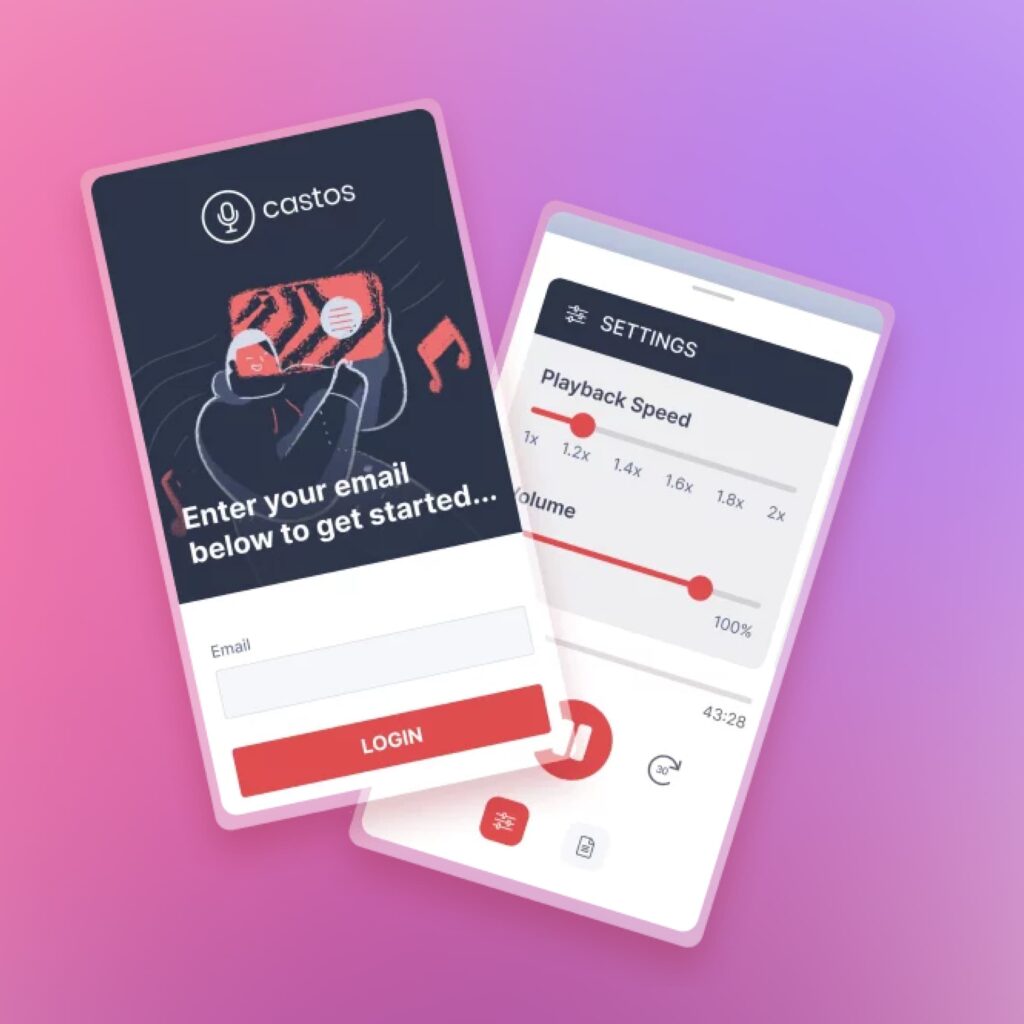Blog
Unraveling the Complexity of API Integrations

Application Programming Interfaces (APIs) serve as the backbone of software interaction and integration, enabling businesses to expand their services and enhance customer experience.
For founders of software businesses looking to expand and enhance their offerings, understanding the intricacies of API integrations is crucial for leveraging external services and capabilities.
In today’s article, we’ll be taking a look at the complexities surrounding API integrations, offering insights tailored for both technical and non-technical founders, especially those considering large-scale integrations with other Software as a Service (SaaS) companies.
The Motivation Behind API Integrations
API integrations hold the promise of adding significant value to your business.
Whether you aim to enrich your customer’s experience, integrate with a larger ecosystem by developing plugins or being listed on marketplaces, or engage in integration marketing, the potential benefits are vast.
Such integrations can also come from specific client requests, particularly from enterprise clients seeking to integrate with their systems.
Assessing the Complexity of Integrations
The complexity of API integrations is not a straightforward matter; it significantly varies based on multiple factors beyond mere technical considerations.
An essential aspect to consider is the accessibility of the API in question.
The ease with which you can access and utilize an API plays a pivotal role in determining the complexity of the integration process.
So Is the API Accessible?
Before embarking on an integration project, verify if the target software provides an API and whether it is publicly accessible.
The accessibility spectrum ranges from open public APIs to private ones requiring registration, application, or even a vetting process for access.
The nature of the software, whether a large enterprise or a startup, influences this accessibility and the prerequisites for use.
Compliance and Vetting Processes
Certain APIs, especially those providing sensitive or extensive data access like reading emails via Google API, mandate rigorous vetting processes and compliance with strict regulations.
The financial and time investments needed to satisfy these requirements can significantly impact your decision to proceed with an integration.
Understanding API Capabilities
A critical aspect of API integration is determining whether the API supports the specific data retrieval and actions your application needs.
This consideration becomes particularly relevant when dealing with complex data queries.
The API’s support for query complexity, such as through GraphQL, and the availability of required data points, directly influences the integration’s feasibility and complexity.
Handling Multiple API Calls and Scalability
A common challenge arises when an API does not directly provide all the necessary data in a single call. For instance, if you need detailed information on each entity listed in a response, you might need to make additional API calls for each entity, significantly increasing the total number of calls required.
This scenario underscores the importance of considering the cost implications and scalability of the integration.
API providers may impose usage costs or rate limits, affecting how you design your system to manage scalability and efficiency, such as through caching or infrastructure adjustments to handle high request volumes.
Conclusion: The Path Forward
Understanding and navigating the complexities of API integrations is a nuanced journey for non-technical founders. While some integrations may be straightforward, others require careful consideration of accessibility, compliance, API capabilities, and scalability.
If you find yourself uncertain about how to proceed with an API integration or have questions regarding integration marketing and building scalable solutions, seeking expert guidance can be invaluable.
A great option would be working with Fractional CTOs for instance, to provide tailored advice and support to navigate these complexities effectively, ensuring your integration efforts are successful and aligned with your business objectives.
We’d be happy to help you understand your needs and how a Fractional CTO/CPO could be of service to you and your business.
Embarking on API integrations opens up a world of possibilities for enhancing your service offerings and creating more value for your customers.
By understanding the intricacies involved and seeking the right support when needed, non-technical founders can confidently leverage the power of APIs to propel their businesses forward in the digital age.
Want to learn more about integrations and how you can enhance and scale your saas business? Get in touch with us today!
Read more


Case study:
Castos
How Castos attracted enterprise clients by developing a mobile app.

User Interface (UI) vs. User Experience (UX): What’s the Difference?

4 Things You Need to Know When Switching Development Teams

What is the Purpose of a Product Roadmap

Remote Software Developers: Tips on Finding and Hiring
Create a free plan for growth
Speak to Victor and walk out with a free assessment of your current development setup, and a roadmap to build an efficient, scalable development team and product.
“Victor has been great. Very responsive and understanding and really knows his stuff. He can go the extra mile by tapping into his prior experiences to help your company out. Really enjoyed working with him.”
Founder of Agency360

Victor Purolnik
Trustshoring Founder
Author, speaker, and podcast host with 10 years of experience building and managing remote product teams. Graduated in computer science and engineering management. Has helped over 300 startups and scaleups launch, raise, scale, and exit.